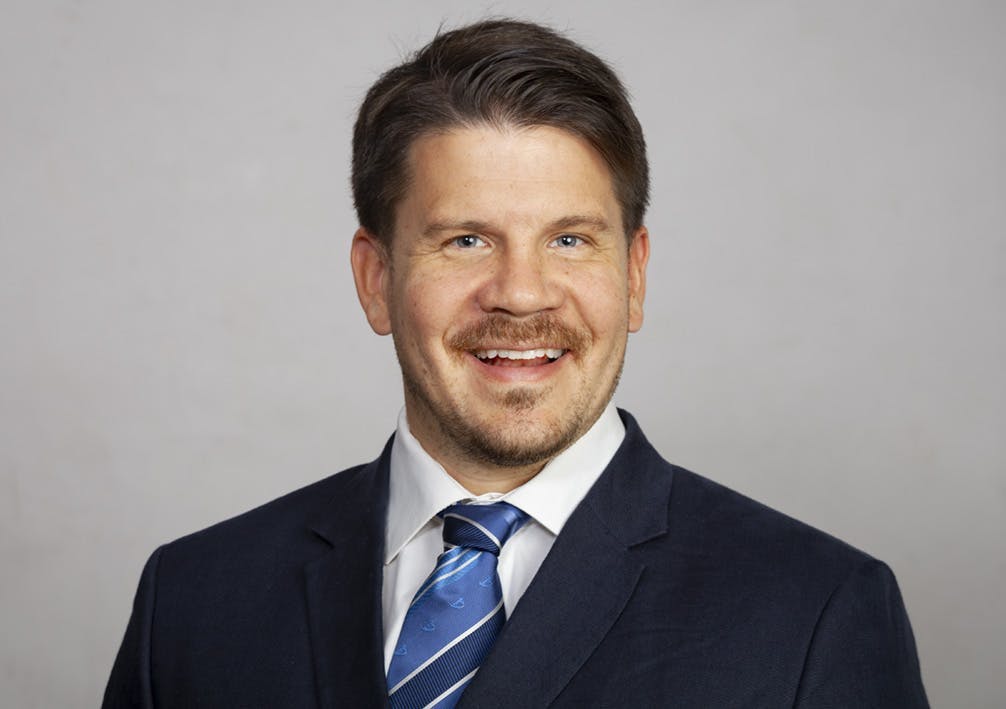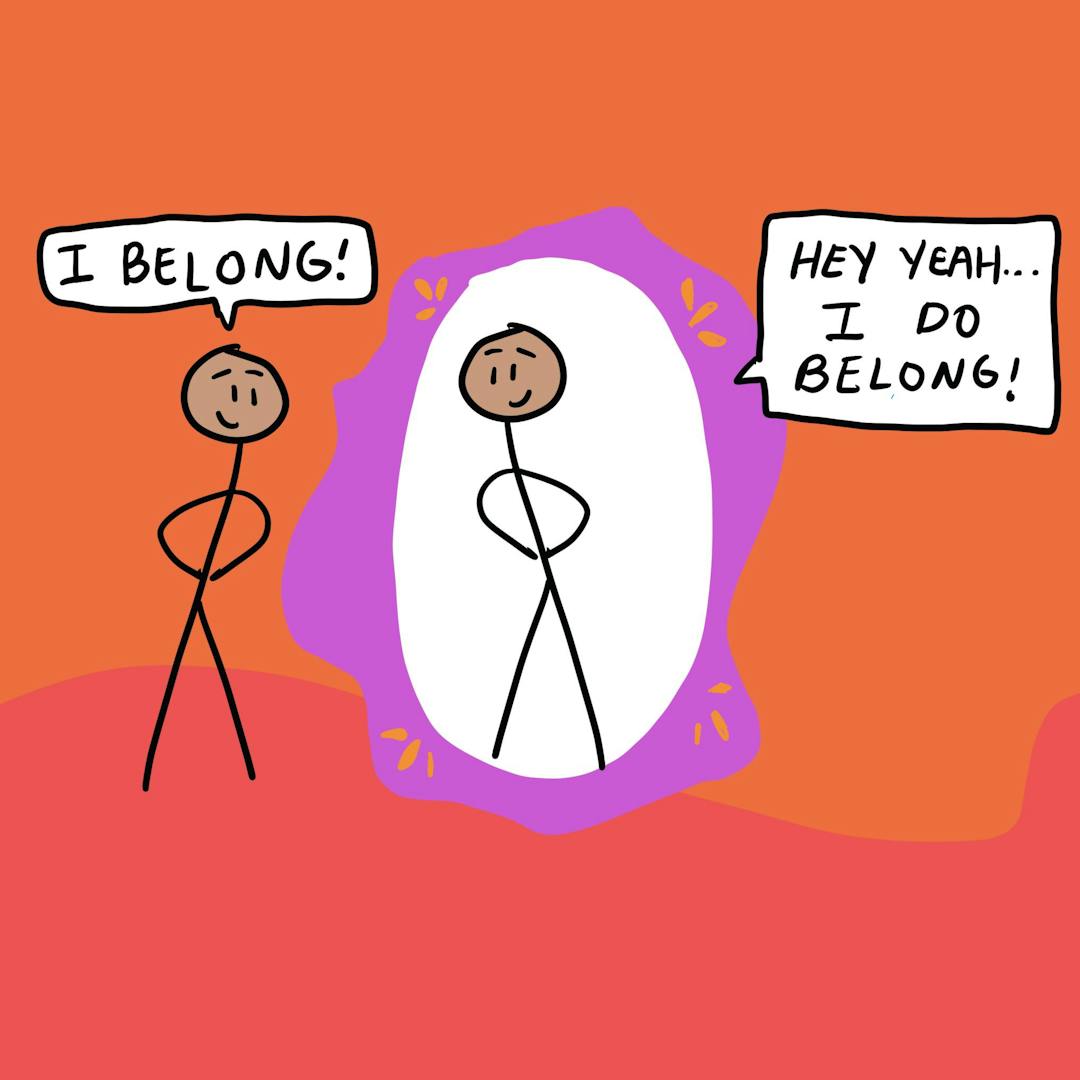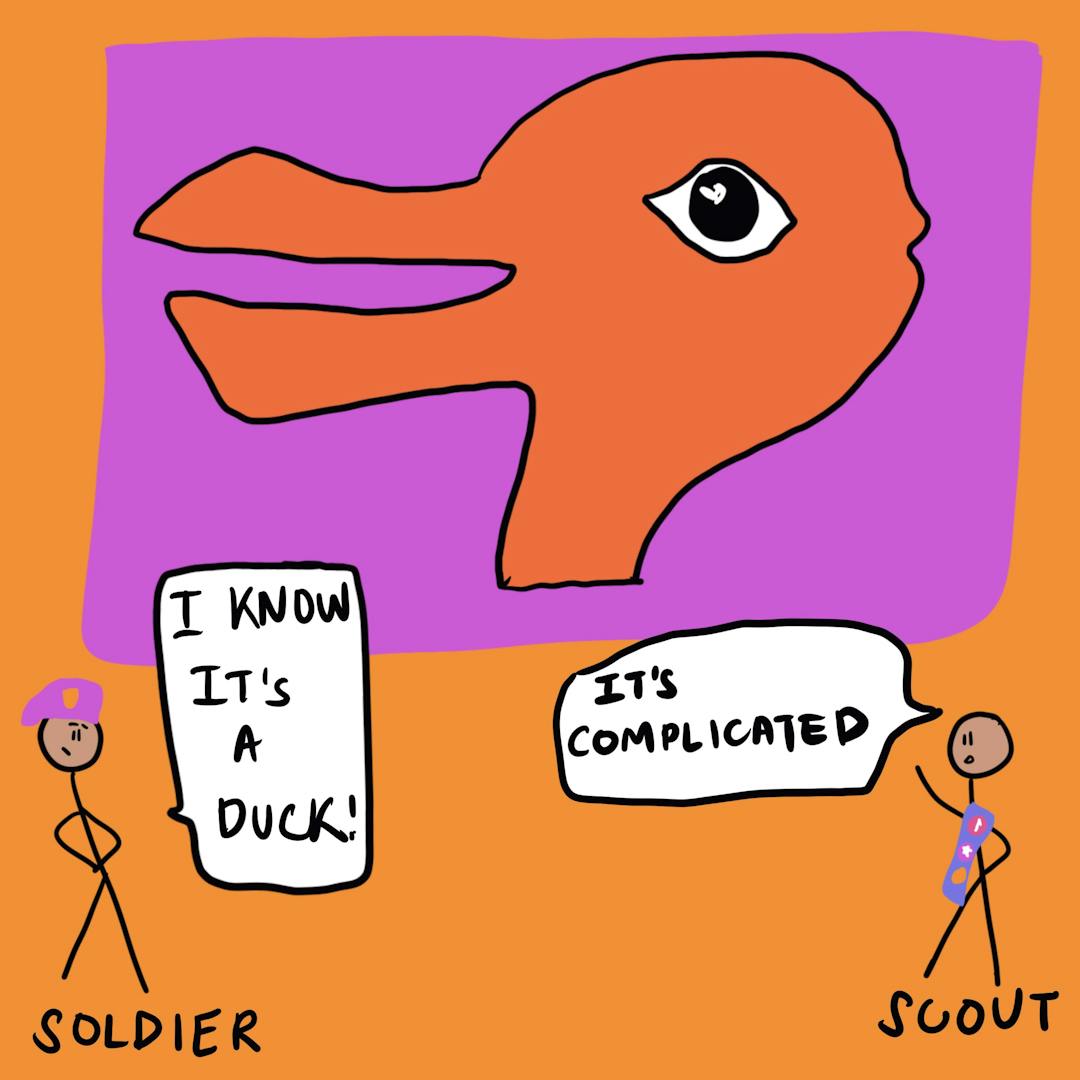Jesse Itzkowitz: Nudging Against Polarization

Art by versusthemachines.
What makes people feel fulfilled, what can help people in their daily lives to live better lives. That, I think should be the starting point for every behavioral scientist in terms of thinking: Should I be using this nudge or not?
Intro
In today’s episode, we are joined by Jesse Itzkowitz, Senior Vice President and Behavioral Scientist at Ipsos Behavioral Science Center, a leading global market research and consulting firm. Prior to joining Ipsos, Jesse held an extremely successful academic career as a Professor from Yeshiva University, where he was twice awarded Professor of the year. Holding a dual PhD degree in marketing and cognitive psychology from the University of Florida has equipped him with a valuable (and extremely unique) skillset that enables him to be both scientifically rigorous and responsive to the needs of the industry. His research has received extensive press coverage from the Wall Street Journal, Time, Bloomberg Businessweek, and CNN. Last winter he gave an informal synopsis of his interests and body of work in a TEDx talk.





